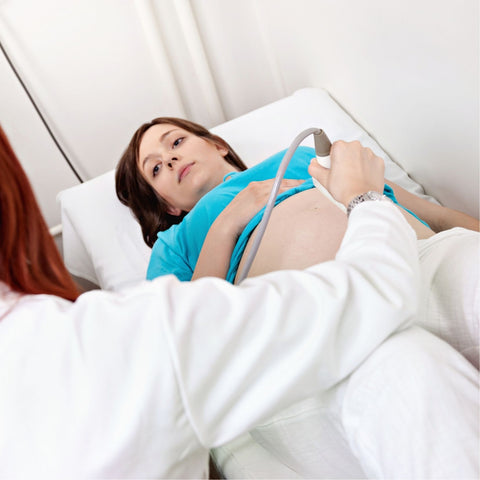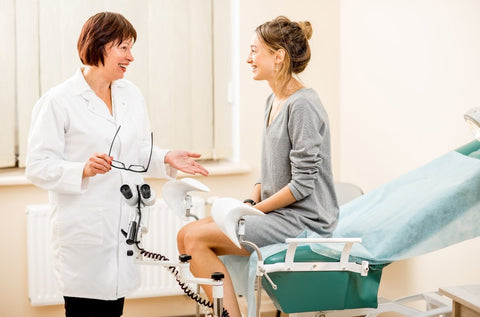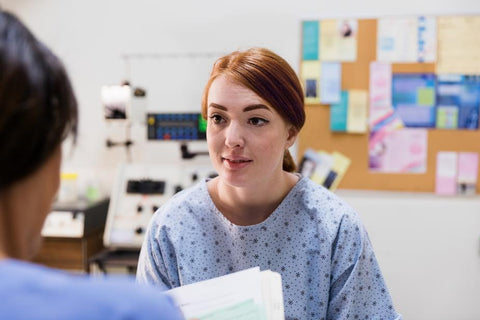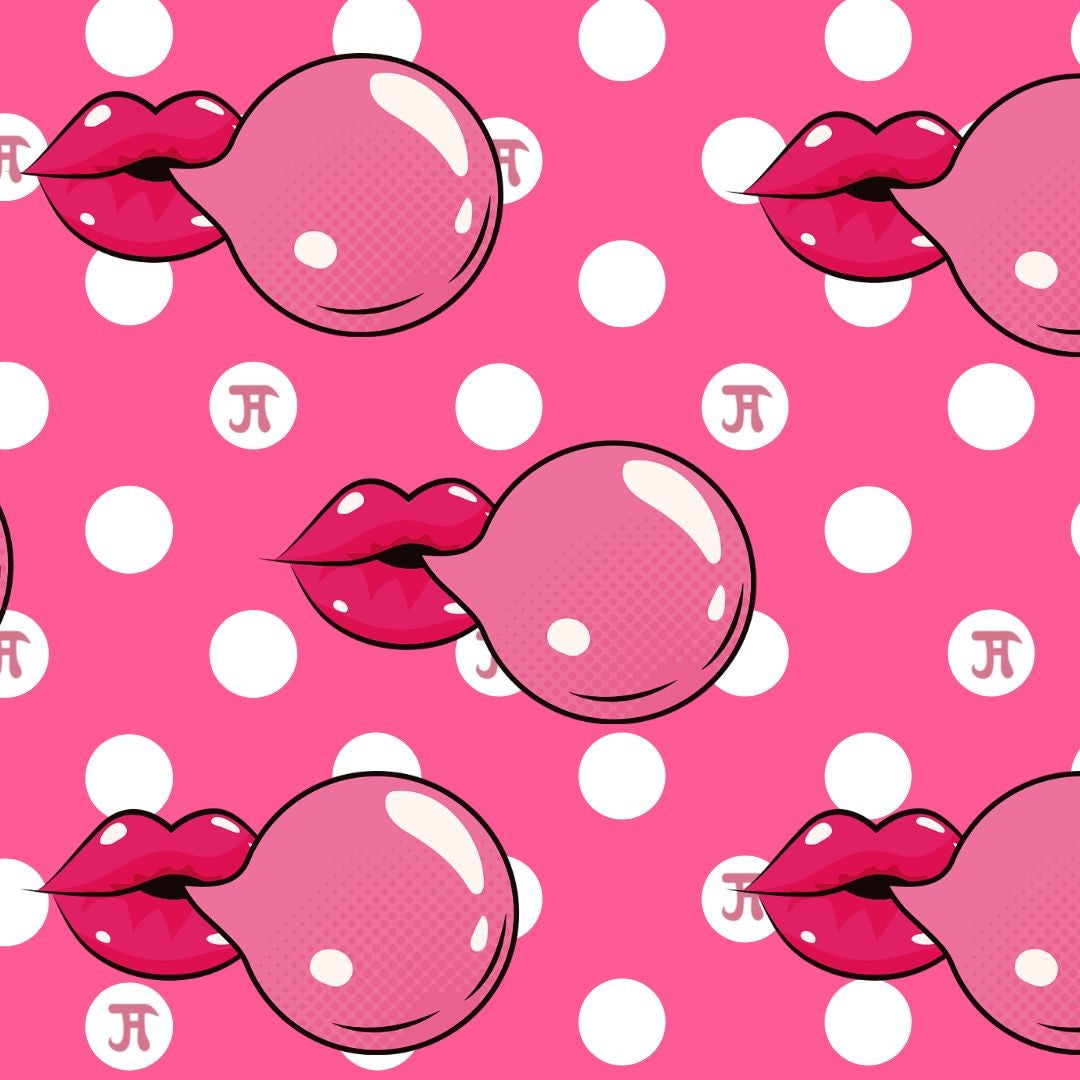What is PCOS? How do I know if I have it? Is it dangerous? Is there a cure? You have questions, we have answers! You are NOT alone!

PCOS (or Stein-Leventhal syndrome) affects 5 to 10% of women and is manifested by the presence of numerous cysts or small benign non-cancerous tumors in the ovaries. This disrupts ovulation and can complicate the reproduction process.

WHAT is PCOS?
The term "polycystic" literally means "which contains many cysts". Cysts are small pockets of air, gas, or fluid that can form in many parts of the body. We refer to polycystic ovary syndrome when the ovaries increase in size because of the presence of several small cysts. Although the origin of this chronic gynecological disease cannot be determined with 100% precision, it is guessed to be a mix of genetic and environmental factors, and tends to be found mostly in young women.

What are the SYMPTOMS of PCOS?
There are several symptoms that will show themselves for women with this syndrome, which are expressed to various degrees, for different patients.
- The most common one is the absence or disruption of the menstrual cycle (metrorrhagia);
- Sudden weight gain (or even obesity);
- The presence of excessive hair (on the chest, stomach and face);
- Acne;
- In some cases, fertility disorders appear, going as far as sterility, linked in particular to anovulation;
- Hair loss at the top of the head and signs of virilization (a condition in which a female develops characteristics associated with male hormones) are also possible but rarer;
- In some cases, dark spots on the skin of the neck, under the arms and in the groin area (inside the thighs) called "acanthosis nigricans" may appear.

What CAUSES PCOS?
The exact cause of PCOS is unknown. Because PCOS tends to run in families, the syndrome is linked to a combination of causes, including genes and environmental factors. This pathology seems to be of hormonal cause since a deficit in luteinizing hormones (stimulates ovulation) and an excess of androgens (male hormones) are present in the system. There is a link between PCOS and the syndrome of resistance to insulin (a hormone secreted by the pancreas). When this hormone is of poor quality or manufactured in insufficient quantity, it can be responsible for diabetes.

When should I seek medical help?
If you have missed several periods, have acne breakouts, excessive hairiness or difficulty conceiving, consult a physician or the gynecologist ASAP. The doctor will need to perform abdominal ultrasound and do blood tests, in order to diagnose (or rule out) PCOS.

Treatments for PCOS
To date, there is no cure for PCOS. However, drug therapy may be prescribed to regulate the menstrual cycle, and decrease the hair growth and acne.
- Hormonal contraceptive therapy may be prescribed to correct the hormonal imbalance by lowering testosterone levels (which will reduce acne and hair growth) and regulating the menstrual cycle. It also helps reduce the risk of endometrial cancer (which is slightly higher in young women who do not ovulate regularly).
- Metformin is used to lower the level of insulin in the blood, especially in patients with high insulin levels with pre-diabetes or diabetes.
- The two treatments (Pill & Metformin) can be combined.
- Acne can be treated with topical creams, oral antibiotics and other drugs.

Treatment for excessive hair
Luckily, there are existing solutions for excess hair. You do not have to live with this. It is recommended to discuss options with your gynecologist and dermatologist: hair bleaching, waxing, depilatory creams, electrolysis or laser treatments.

Pregnancy and infertility
Due to ovulation problems, PCOS can be a cause of subfertility or infertility. Some women can get pregnant normally, while others ovulate only 2 or 3 times a year, or not at all. If you have difficulty conceiving, you need to discuss this with to your gynecologist, and possibly, a fertility expert. Ovarian stimulation, ovarian drilling (surgery to restore spontaneous ovulation) or assisted reproduction can help. Many women have successfully gotten pregnant (and delivered healthy babies), despite PCOS.

You are NOT alone!
Faced with a diagnosis of PCOS, you may feel frustrated or sad. You may also feel relief that there is an explanation (and treatment) for what you have been experiencing for the last few months, years. Remember that the most important part of your treatment is a healthy lifestyle and a balanced diet combined with daily physical activity. Balancing insulin levels and losing weight can reduce the risk of diabetes and some of the symptoms of PCOS. You are NOT alone in this! Support groups (in person or on social media) are a wonderful source of help. Who better to understand you and what you’re going through (and possibly offer wonderful tips and hope!)

Are you suffering from PCOS? Did you find this article helpful? Do you have any tips, advice and links to offer our readers? Let us know in the comments section!
Be safe, be well, Justine 😊
Got a Period Question? Contact us and we may feature the answer in an upcoming blog.
Have a Happy Period!
Shop Justine Haines Collection



